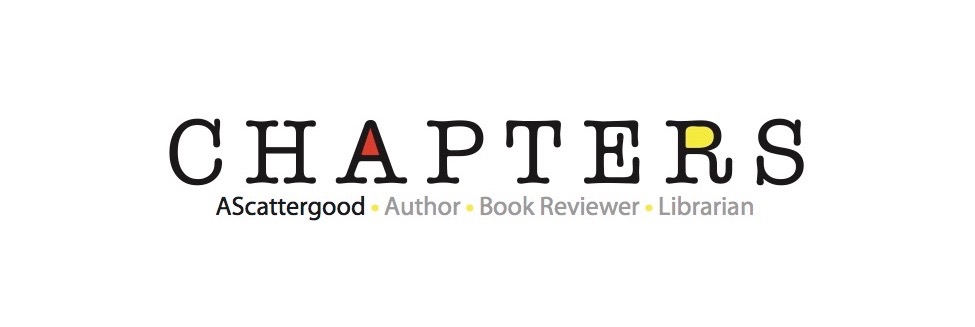At 10 AM, I walked into a large room with circles of folding chairs, mostly already filled up with my fellow Writers in Paradise participants. Today's first session was listed as Roundtables. The idea was come and go, join a circle being facilitated by one of the presenters, move on if you like. I took the last seat at the circle nearest the door.
Then Laura Lippman joined my group. I didn't move for 2 hours. I missed opportunities to hear Dennis Lehane, Stewart O'Nan, all the other presenters, but wow. I learned a lot.
I'm a Lippman fan from my 12 years of living in Baltimore. She writes crime fiction, old stories often taken from her days as a reporter for the Baltimore Sun. Here are a few gems from my notes (though I was listening and there was quite a dynamic interchange going on about writing and reading, so I didn't write much).
When asked how she plots. She calls her method the "distant shore school of plot." She always knows what's happening across the water, at the end. She knows the one big secret, but we (her readers) don't and even the protagonist doesn't. Although she knows the ending, she's also a fan of what she calls "Landmine Fiction" (don't you love that?). " It may not matter now, but mostly these zingers will go off later. This in reference to much of what she plants along the reader's path. Not exactly red herrings, but they might be.
About Rules: She likes George Orwell's rules, especially the last one: Break the rules. Remember my reference, somewhat ironic, to Elmore Leonard's rule about the weather? She loves weather. Often starts with it.
More on her concrete tips for writing out of a muddled middle later.
In the afternoon, we critiqued three manuscripts with Ann Hood. I've been in workshops where participants moved around the table and commented, then the leader gave her suggestions and that was that. That's not the way this works. So far, we've spent an hour, occasionally more, on each 25 page memoir. Interspersed with her critiques, Ann continually gives us tips, advice, suggestions that apply to all of our writing.
Today, for example, the question of prologues came up. "When chapter one and the heart of the story are set in different places, different times, and you need to know the earlier stuff, you need a prologue." Or you may need a prologue. The prologue says "this is what you need to know to read my book." Or it can be a different point of view being expressed, such as an earlier time, when the main character was a child.
This comment came because someone's piece had a prologue and she wanted to know if it worked. That's how most of what we are hearing happens. Because of the writing being discussed. We also talked about connected essays, the need for a central theme (if it's going to be a book).
More words of wisdom from my afternoon session?
Only specifics ring true.
Semi-colons are an evil form of punctuation (ditto ... and !).
But we all know that.
Tonight Ann Hood read the first thing she was able to write after the death of her young daughter, the prologue to the memoir about her daughter, and she finished with the chapter from that book about her daughter's love of the Beatles. Evening sessions are open to the public.
In introducing Ann Hood tonight, Dennis Lehane told us that after she'd taught at the conference last year, he didn't even think of not inviting her back. All the writers here are cool, he assured us. But Ann's even more than that. She actually cares if you learn something.
He ended his introduction with a quote from The Princess Bride:
Life is pain. Anyone who tells you different is selling you something.

No comments:
Post a Comment